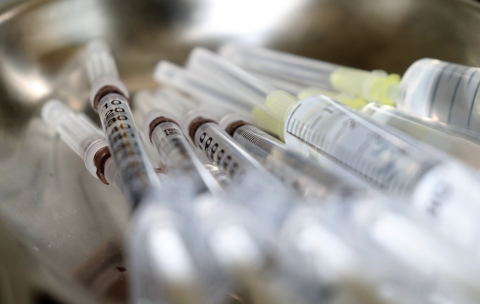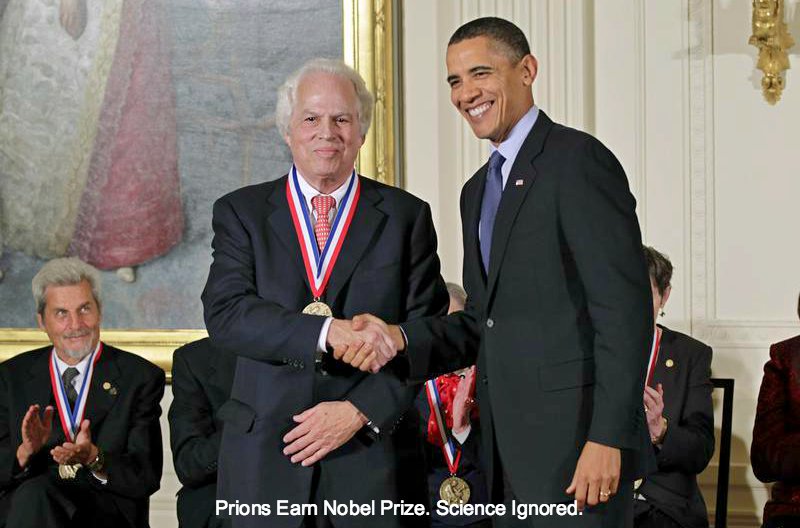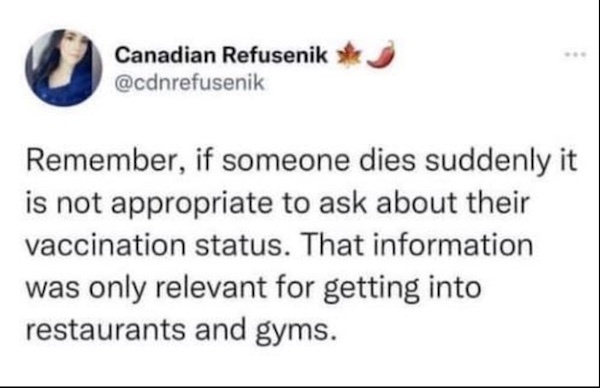We will continue to crucify the arrogant pimps of The Elf's medical mafia as well as the CDC pedophiles, with information anarchy.
@breakfast_dogs (Twitter), spike analysis is now underway. Aligning with BD's virus, HKU1, here we show physical attachment of HKU1 proteases with the chemistry of plants:
HKU1 / NSP3
The multi-domain non-structural protein 3 (Nsp3) is the largest protein encoded by the coronavirus (CoV) genome, with an average molecular mass of about 200 kD. Nsp3 is an essential component of the replication/transcription complex. It comprises various domains, the organization of which...

pubmed.ncbi.nlm.nih.gov
'....Fig. 7 A natural product chalcone, compound 6 from Angelica keiski, inhibits SARS-CoV Mpro and PL2pro in vitro....'
Effeminates of the CDC may argue that because it's in vitro, it can't possibly apply to in vivo. Right away some of us then may want to swiftly and strongly slap them across their arrogant faces, just on general principles. So let's do that to the extent that we can do that.
The report above invokes inhibitory action by a plant compound against SARS1 main protease. Since SARS2 main protease is similar enough that the cmpd from Angelica would also work "in vitro," we next challenge any reader to confront any other Homo sapiens, including physicians, with the fact that statins can also behave as prophylaxis against this American-assisted communist virus, SARS-CoV-2, either in vitro or in vivo:
As prophylaxis, all statins bind to and inhibit SARS1 & SARS2 Mpro. The geopolitics of a statin are obvious here, and the information anarchy comes within the same year:
Ap 2020 Iran / Rosuvastatin / SARS2 Mpro
Statins and the COVID-19 main protease: in silico evidence on direct interaction - PubMed
Nov 2020 Mexico City / Rosuvastatin / SARS2 Mpro
Among targets selected for studies aimed at identifying potential inhibitors against COVID-19, SARS-CoV2 main proteinase (M<sup>pro</sup>) is highlighted. M<sup>pro</sup> is indispensable for virus replication and is a promising target of potential inhibitors of COVID-19. Recently, monomeric...

pubmed.ncbi.nlm.nih.gov





